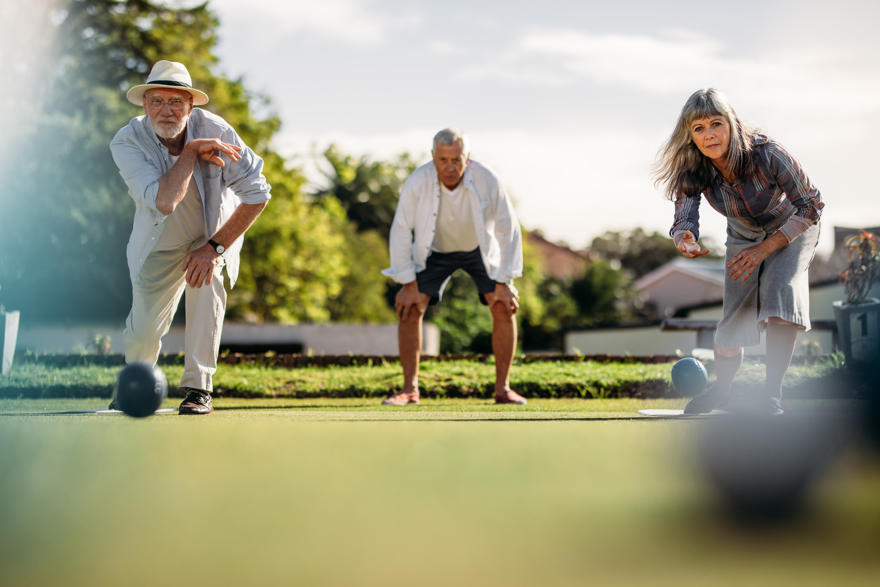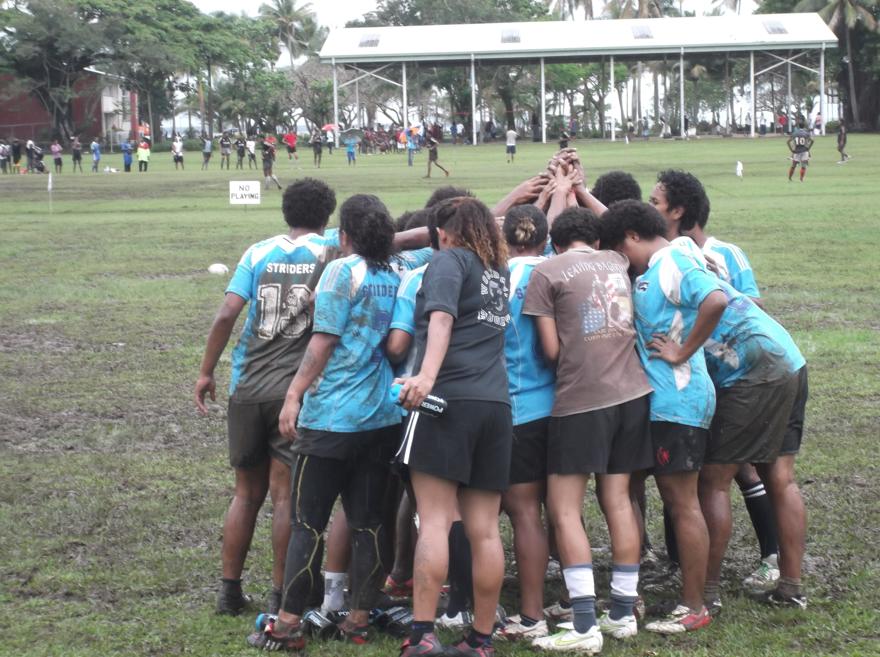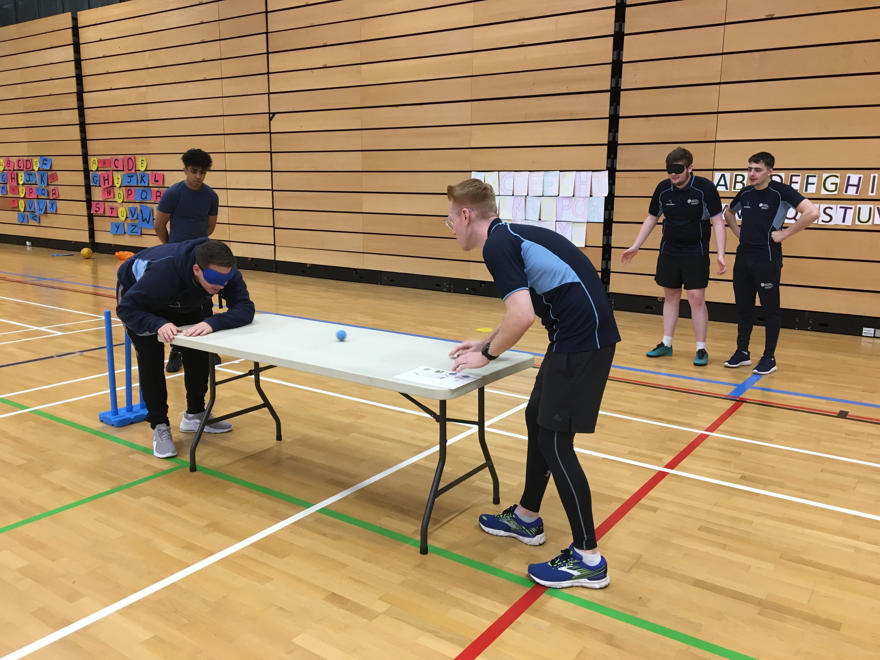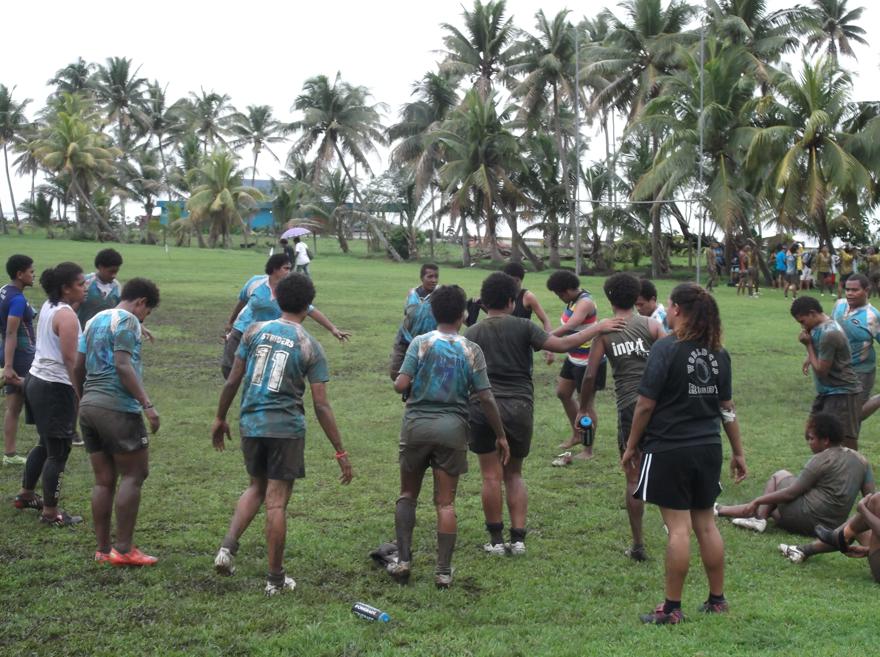The Inclusive Sport and Physical Activity Research Group aims to support excluded and marginalised individuals and communities through ethically and socially responsible research.
About the group

The Inclusive Sport and Physical Activity Research Group is a collective of passionate, supportive, community-oriented individuals, all working towards developing meaningful, ethically responsible, high-quality interdisciplinary research within and around the broad area of Inclusive Sport and Physical Activity.
The research group consists of three key research themes: (1) Gender, Identity and the Body; (2) Inclusive Sports and (3) Politics of Sport.

Together these themes build a focused, contemporary and highly relevant research agenda based on collaboration and interdisciplinary practice, to integrate research scholarship in and beyond the School of Sport and Exercise Science at the University of Worcester.
Researchers, practitioners and students in this group bring unique critical and global insights, knowledge(s) and experience regarding sport, exercise, physical activity and related areas, but have a shared vision of serving marginalised, disenfranchised and excluded communities.
By critiquing research and practice embedded in traditional Western-based power imbalances, highlighting of powerlessness, challenging inequities and inequalities, and creating opportunities for participation, reflection and empowerment, the Inclusive Sport and Physical Activity Research Group work to not only extend, translate and transfer knowledge, but to have a direct and positive impact on the communities they wish to serve.
Areas of distinction
Adapted Physical Activity
In relation to this area, our latest research project is the evaluation of the 2023 Düsseldorf Invictus Games. The research focuses on the British team which for Düsseldorf Games will comprise of 59 competitors, 6 reserves, 11 lead coaches and a number of support staff, assistant coaches, ambassadors and medical personnel. More specifically, the project will centres on the Invictus Game and related recovery experiences of three key groups:

- Competitors – exploring how the competitors’ mental health and wellbeing will have been impacted by their Invictus Games experience and how their identity will have been shaped;
- Families – understanding how families are impacted by the competitors’ injury and their recovery journey; and how they support the recovery journey of the competitors;
- Coaches – investigating how coaches are supported to facilitate the most valuable recovery environments possible and how they balance their roles supporting performance and aiding recovery.
As the evaluation’s timeframe goes beyond the Düsseldorf Games in September, the project will continue for a further 18 months to help understand the longer-term impact of involvement with the Invictus Games programme as a whole.
Gender Politics
We have been exploring the extent to which the structure of sport has been used to reinforce traditional gender binary. In most sports men and women still compete separately and crossover is either not allowed or leads to enormous controversy. In recent years various mass and social media platforms have been replete with discussions and, often strong, opinions around transgender athletes and their potential contribution to the demise of women’s sports.

Here a cacophony of voices and opinions clash which varyingly focus on protecting women’s sport, principles of inclusivity, biological/sex differences and advantages as well as gender identities and fairness.
Given the complexity of ongoing debates around gender, a sensible, and perhaps straightforward, approach for many may be to buy into the mantra of populist right-wing parties and, for instance, agree with the views of the Trump, Orbán and Bolsonaro governments that people are either born male or female and no gender alternatives should be recognised. In this politically exclusionist climate that attributes primordial approaches to understanding gender and sex, we have been exploring and critiquing the complex and multiple intersections of gender, sport, physical activity and politics.
Research themes
Inclusive Sports research theme focuses on experience and equity of inclusive sport and exercise through the physical activity spectrum (i.e., from recreation through to performance sport). Our key aim is to conduct and share impactful, applicable research regarding inclusion among marginalised populations within sport and exercise (e.g., disabled communities, women, older adults, etc.). Through excellent scholarship and meaningful practice, we strive to serve marginalised populations by exploring and creating equitable access to and opportunities for sport and exercise. We, thus, focus on engaging and working with communities, practitioners, scholars, teachers, stakeholders, coaches, and others to do meaningful work locally and globally. Key research interests include; social justice, social exclusion, critical dis/ablism, participatory/emancipatory research, adapted physical education, adapted/ inclusive sport/ exercise/ recreation.
Gender, Identity and the Body research theme focuses on critically exploring and understanding socio-cultural issues associated with sports, exercise, physical activity, and health. Our key aim is to generate high-quality socio-cultural research in relation to these key domains. We strive to develop research that is interdisciplinary, theoretically sound and informed by empirical evidence; and research that will influence wider society and aim to further develop our links with key stakeholders. Key research interests include: corporeal and sporting/exercise/physical activity identities, gender, sexuality, and corporeal drives and body projects.
Politics of sport research theme centres around exploring and identifying historical and contemporary connections between sport and politics. Research in the theme is focused on exploring to what extent and in what ways sport has been inextricably linked to most if not all of those aspects of human society which political scientists regard as significant. Therefore, research carried out as part of this theme relates both to sport politics (i.e., political activity which takes place within sports organisations) and to the politics of sport (i.e., the ways in which sport and politics interact in different ways and at different levels of human society). Key research interests include: national identity, nation-states, minority identities, necropolitics, populist politics, fascism, political hegemony and soft power.
Members
Staff
Students
- Helen Black (PhD)
- Beth Burgess (PhD)
- Mark Elvins (PhD)
- Jonathan Mandel (PhD)
- Fran Musgrave (PhD)
- George Mycock (PhD)
- Chunhong (Rona) Zhou (PhD)
- Alex Giles (MRes)
External Members
Selected Publications
Bright, C. & Molnár, G. (2023). Neo-tribes in a Type One Diabetes Football Online Community. In: Roberts, W., Whigham, S., Parnell, D., & Culvin, A. (eds.), Critical Social Theory and Football. Routledge.
Edwards, C., Molnar, G., & Tod, D. (2021). Searching for ontological security: women’s experiences leading to high drive for muscularity. Qualitative Research in Sport, Exercise and Health, 14 (4), 609-627.
Molnár, G. (2022). Sport, Labour and Migration. In: Wenner, L. (ed.), Oxford Handbook of Sport and Society. Oxford University Press.
Molnár, G. &Bullingham, R. (eds.) (2022). Routledge Handbook of Politics of Gender in Sport and Physical Activity. Oxon: Routledge.
Renfree, G, Burgess, B, and Jones, V. (2022) Educating Generation Z about issues relating to Gender Equality in the governance and leadership of sport in the UK. In: Gender Equity in UK Sport Leadership and Governance. Emerald Studies in Sport and Gender. Emerald Publishing Limited, Bingley.
Richardson, E. V., Fifolt, M., Barstow, E., & Motl, R. W. (2021). Models and materials for exercise promotion in comprehensive multiple sclerosis care: Completion of the ‘Exercise in Medicine’ development process. International Journal of Multiple Sclerosis Care. https://doi.org/10.1080/09638288.2021.1998662
Silveira, S. L., Richardson, E. V., & Motl, R. W. (2022). Wellness interventions among persons with spinal cord injury. Cellular, Molecular, Physiological, and Behavioral Aspects of Spinal Cord Injury. Elseveir
Silveira, S. L., Richardson, E. V., & Motl, R. W. (2022). Desired recourse for changing diet among persons with multiple sclerosis. Qualitative inquiry informing future dietary interventions. International Journal of Multiple Sclerosis Care.
Spencer, N. & Molnár, G. (2022). Whose Knowledge Counts in Adapted Physical Activity Research? Quest, 74(1): 1-16
Thomas, G., Devine, K., & Molnár, G. (2023). Experiences and Perceptions of Women Strength and Conditioning Coaches: A Scoping Review, International Sport Coaching Journal, 10(1), 78-90.
Search the Worcester Research and Publication database for a full list of Inclusive sport and physical activity research group publications.
Follow us on Twitter